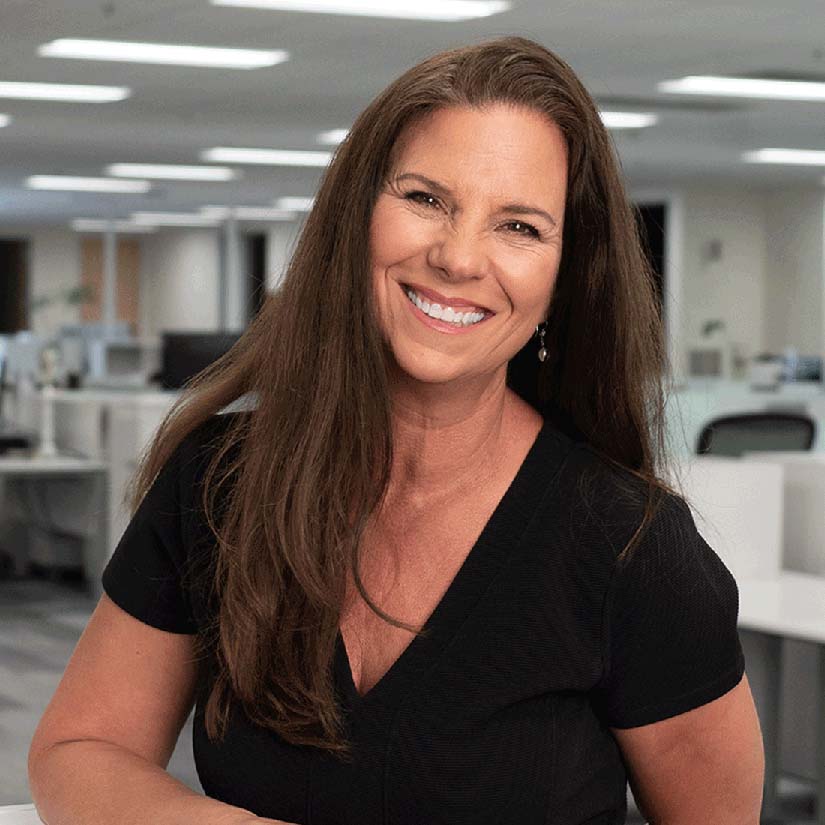The 4 Hallmarks of a Good Editor

Getting feedback is one of the most important steps in my creative process. As I’ve described in my books, one of my favorite ways to get feedback is to post my presentations and slidedocs on a wall and let a group of people I trust spend time critiquing them. Seeing the entire thing at once makes it easier for people to see the structure of the piece and offer advice on how I can sharpen my points and strengthen my metaphors.
But as important as it is to get multiple perspectives and ideas early in the process, when it comes to refining and polishing, it’s hard to replace a good editor. While everybody is capable of giving good feedback, a good editor does so much more. Good editors give you the freedom to fail fast by picking up on your train of thought and doing their best to clarify it and build a logical argument.
For example, when I create drafts—of presentations or blog posts or chapters of a book—I try to get them done as quickly as humanly possible. Then, I ship off what I’ve created to a trusted editor for feedback. Having an editor gives me the freedom to explore new ideas without consequences because I know they will bring out the essence of my idea and make it stronger. A good editor knows when to coddle an idea, when to convince you to murder your darlings, and how to explain what the piece needs and what it will take to get it there. In short, a good editor knows what you need even before you realize it yourself.
Don’t get me wrong—the process can be painful. Whether it’s a full-length book or an itty-bitty blog post, it’s difficult to create. And once you’ve exerted a certain amount of energy into something, you want to be done. Accepting feedback is hard. Especially when it’s good feedback that forces you to look at the heart of the issue and possibly make fundamental changes that require a lot of work. At the time, it can feel like more of a burden than it’s worth. But trust the process. I’ve seen it pay off, both in my own work and the work of others.
Finding a good editor can be tough. Not only do they need to be a strategic thinker, but you also have to be able to trust them with your work. Some of the best editors are writers themselves, but that’s not always the case.
Here are some tips for finding the type of editor that makes your work better.
1. A good editor asks questions that get you closer to your idea, not theirs. It’s tempting for an editor to take a creator’s idea and make it his or her own, but that’s not the editor’s job. The editor’s job is to lead his or her subjects to better versions of their own ideas. That means asking the right questions and helping to clarify ideas. It may not be the most glamorous of roles, but it’s the most helpful.
2. A good editor knows when to let you struggle and when to take the reins. Some people learn by being told what to do. Others need to struggle through a problem before the lesson sinks in. A good editor can sense how their mentees need to learn and responds accordingly. It can be hard to figure out whether your editor is sensing the right path for you because the right path isn’t necessarily the easy path. Learning can be a tough process. But if you feel like your editor is stretching you as a creator rather than just helping you knock out your work, you probably have someone worth holding onto.
3. A good editor teaches you along the way. There’s nothing worse than getting one of your drafts back only to find out that it’s been completely rewritten. Not only is this demoralizing, it doesn’t teach you anything. A good editor will put in the extra effort to explain why he or she made the changes they made. That way, not only do you end up with a better draft, you learn something that will help you make your next draft better, too.
4. A good editor won’t inflate your ego, tell you everything is fine, or defer to your expertise. Executives need to be edited, too. Sometimes it’s hard to find an editor that’s willing to tell their boss the honest truth—or find a boss that’s willing to accept it. But being open to constructive feedback from a good editor is necessary if you want to continue to grow. Again, it’s not easy, but it’s worth it.
A good editor is worth their weight in gold, but they shouldn’t be used a replacement for group feedback, they should act as a funnel for it. For example, we recently hosted a presentation event at the shop. We had several review rounds where the entire team of 25 people were involved in giving live feedback, but when it came to implementing and sifting through that advice, the speakers stuck with one editor. Both advice channels served a purpose, and the result was a fantastic event made even better by the brainpower of the entire team—through the lens of a fantastic editor.
Next time you reach out for feedback, try to remember these guidelines. But ultimately there’s just one rule: Find a person who not only makes your work better, but also makes you better.
TOPICS:
Business, Strategy
Learn from the pros
Gain insight on effective presentation strategies
From developing presentation skills to designing PowerPoint® presentations, we invite you to join the 200,000 people who leverage our extensive resource library.

